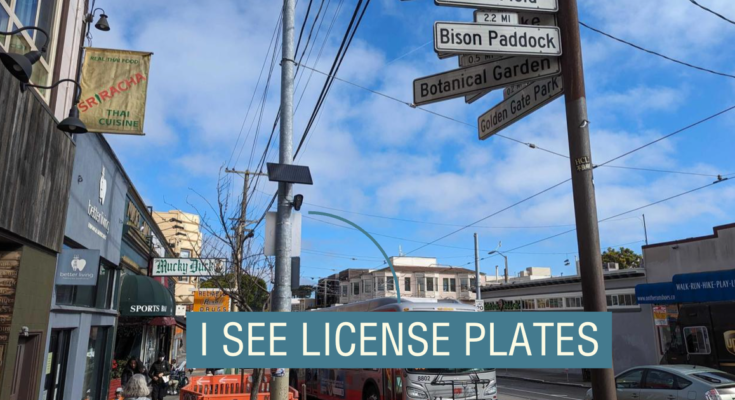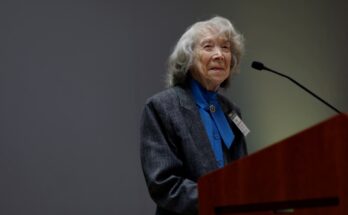The tide seemed to turn in 2022, when Supervisor Aaron Peskin sponsored a invoice author of Mayor London Breed allowing law enforcement to use non-city camera footage to stop crime.
Peskin was the sponsor of the 2019 bill that banned facial recognition. “As the author of the legislation that created reasonable regulations to oversee the city’s use of surveillance technology, the policy as amended seeks to balance the public’s civil liberties and the right to privacy with the practical logistics of enhancing public safety,” he told the public. time
In March, San Francisco voters passed Proposition E, which allows the police department to use technology like drones and facial recognition for a year without getting approval from the board of supervisors.
“I think there were a number of council members who were either running to keep their seats or who were thinking about running for other offices that they had to choose if they were going against what their constituents wanted,” Jenkins said. .
Flock security cameras are already in use solve crimesand Jenkins said his department is pursuing a case where license plate data could become evidence.
Flock founder Garrett Langley started the company after his neighborhood in a suburb of Atlanta fell victim to a series of organized burglaries. Despite plenty of footage of Ring doorbell, a police major told him he couldn’t do much with it and instead needed license plate data.
Langley called two friends at Georgia Tech and asked them to help build a license plate reader, which he later installed in his neighborhood. A couple of months later, another introduction happened. The Langley reader spotted a license plate that hadn’t been seen in the neighborhood before. Less than 12 hours later, the driver was arrested.
The device became the basis for Flock, founded in 2017 and now valued at $ 4 billion by investors such as Founders Fund, Andreessen Horowitz and Kleiner Perkins.
The sky-connected, solar-powered cameras constantly capture license plates and can alert the police when they see a stolen car, or a car with an incompatible plate. When crimes occur, such as a kidnapping, the cameras can help the police quickly arrest the perpetrators.
Flock cameras create a “vehicle footprint” for a car. Therefore, even if a criminal removes or changes a license plate on a car, the cameras can still be located in real time to solve or stop a crime.
But the key to winning business from San Francisco and other privacy-conscious cities was Flock’s customizable software that allows cities to adjust data retention policies and other privacy settings.
For example, some cities might want to maintain a database of license plates and locations indefinitely, which could help solve cold cases or aid in ongoing investigations. Others, such as San Francisco, opt for very short data retention periods to protect against any potential misuse of information.
“We let the city decide what is enforced by society,” said Langley in an interview with Semafor. “We will build this technology and then deliver it to the city.”



